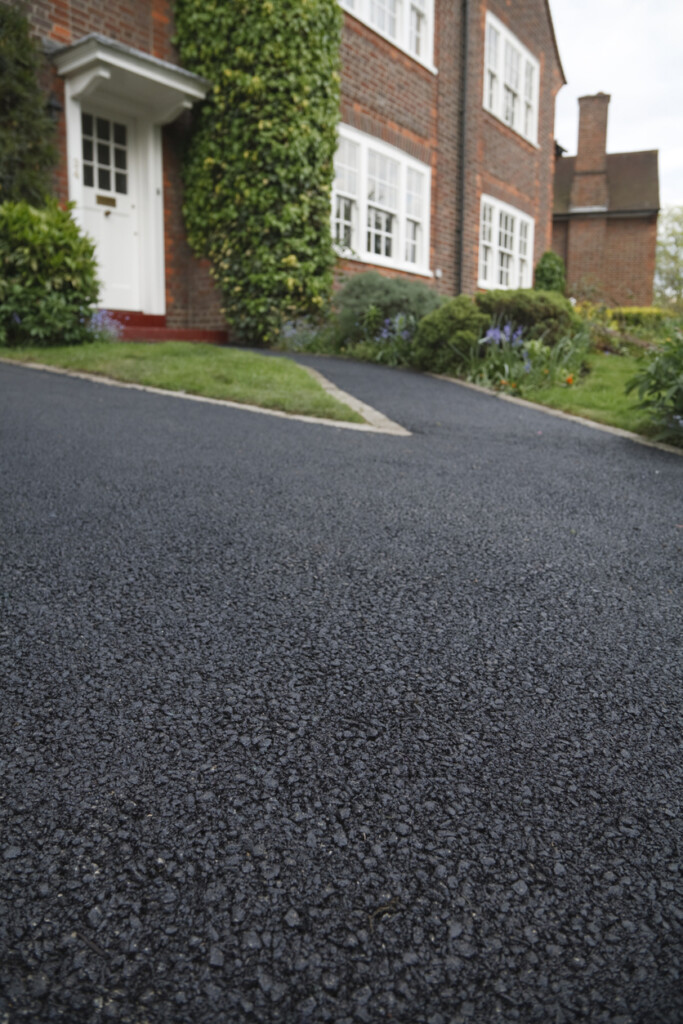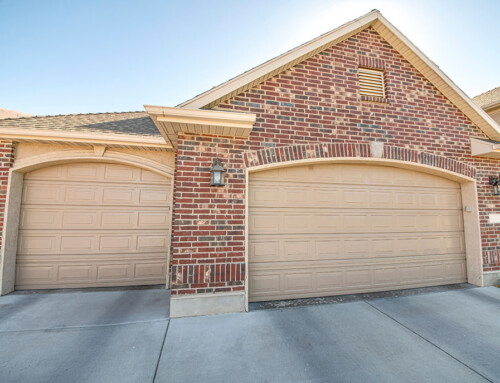
Asphalt is an ideal driveway surface material for many reasons. Asphalt is durable, relatively low-maintenance, and boosts your home’s curb appeal. According to a study from the University of Texas at Arlington, curb appeal can play a significant role in a home’s value. Thus, an asphalt driveway is also a wise financial investment.
However, not all asphalt driveways are the same. One factor that can vary from driveway to driveway is asphalt thickness. Understanding how thick your asphalt driveway should be is helpful when planning a new installation.
What is the Right Thickness for an Asphalt Driveway? Factors to Consider
You should account for several factors when determining how thick an asphalt driveway needs to be. They include:
Traffic
How many vehicles will use your driveway on a regular basis? How heavy are these vehicles?
Traffic is a critical factor influencing ideal asphalt driveway depth. The more traffic a driveway sees, the thicker its asphalt should be.
For example, the go-to thickness for many residential asphalt driveways is about two inches. However, sometimes, three inches is preferable. A residential driveway may need an asphalt thickness of three inches if you regularly park a truck or other such heavy vehicles or equipment on the driveway.
The Type of Property
An asphalt driveway for a residential property will usually see significantly less traffic than an asphalt driveway for a commercial property. Commercial asphalt driveways tend to be thicker than residential ones.
Most commercial asphalt driveways should be at least three inches thick. If heavy-duty vehicles and equipment regularly travel over or park on a commercial driveway, its asphalt should be between four to seven inches thick.
Soil
The extent to which the soil beneath a driveway provides necessary drainage can affect how thick a driveway’s asphalt should be. If the soil provides adequate drainage, it may remain as is. If a soil doesn’t provide sufficient drainage, you may have to remove the soil and replace it. If you have to replace your soil, your asphalt may need to be thicker than it would otherwise be.
Why Asphalt Driveway Thickness is Important
Installing an asphalt driveway of the proper thickness will help you save time and money in the long run. When asphalt is thin, the driveway surface is unable to effectively distribute the weight of the vehicles and equipment parked on it.
Poor distribution of weight can result in an asphalt driveway forming cracks earlier than expected. You’ll need to repair these cracks or replace your driveway entirely, which may be an expense you haven’t prepared for. Avoid this by knowing how thick your asphalt driveway needs to be before installation.
That said, you don’t need to know exactly how thick your driveway needs to be when scheduling this type of work. A reputable asphalt contractor will answer your questions, ensuring you get a driveway that will stay in good condition for years to come.
Learn More About Asphalt Driveway Installation in Abbotsford
At TopWest Asphalt Ltd., in Abbotsford, we offer a range of asphalt driveway services to both commercial and residential customers. We’ll gladly help you understand how thick your driveway needs to be. Get started today by getting a free quote online today.





